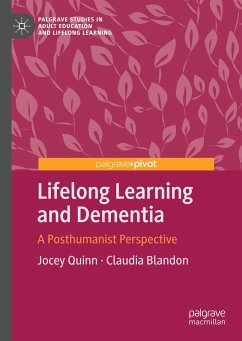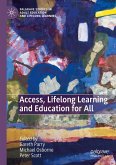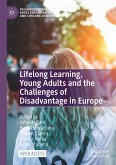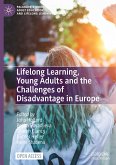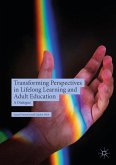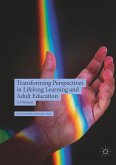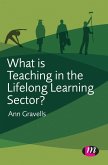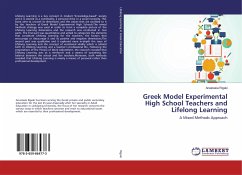This book explores the potential for lifelong learning in dementia. A growing social issue, dementia has previously been understood as a wasteland for learning: at best, those with dementia are helped to hold on to some pre-existing skills. This book draws on extensive qualitative data with people with dementia and their families to demonstrate that new forms of learning can happen in dementia, with positive outcomes for both the learner and those around them. In doing so, this book demonstrates that those with dementia help us to understand learning differently, thus providing a breakthrough in our understanding and theorising of lifelong learning. Using posthuman theory to scaffold and discuss the findings, this pioneering book will appeal to scholars of dementia, lifelong learning and the posthuman.
"This book represents the value posthumanism can bring to learning environments. It emphasizes learning as creativity in everyday life and criticizes stereotypes about learning and people with dementia. ... The text is a beautiful homage to people with dementia and affirms their position in society as valuable and worthy of education and attention." (Daisy Ahlstone, Disability Studies Quarterly, dsq-sds.org, Vol. 41 (1), 2021)

